Cheap, Healthy Foods

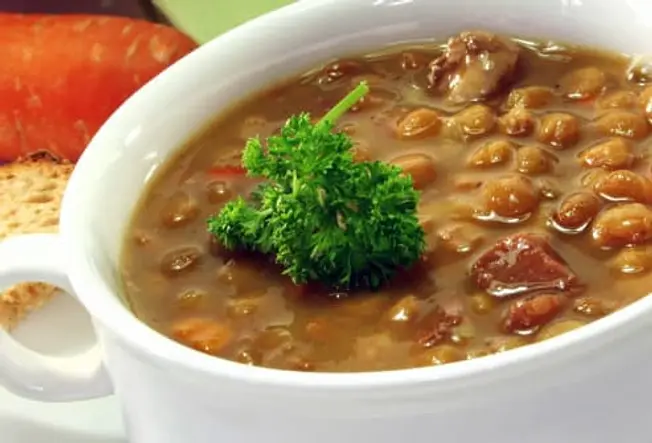
Lentils
Serving size: ½ cup cooked
Cost per serving: Around 20 cents
Calories: 115
They're little, but they pack in protein -- 9 grams per serving. They’re also low in fat, so they can be a healthy, less expensive sub for meat. Plus, they’re a good source of folate, iron, and potassium. And they have plenty of fiber, so they’ll keep you feeling full longer. Try brown, green, or red lentils as a side dish, in a salad, in stews, or over rice.
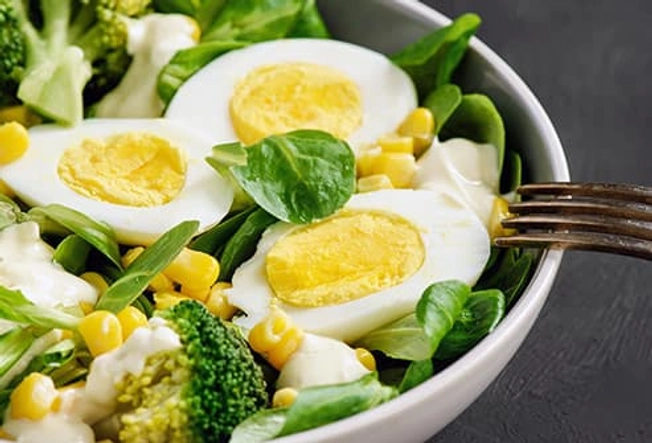
Eggs
Serving size: 1 egg
Cost per serving: About 25 cents
Calories: 71
With 6 grams of protein each, egg is another cheap sub for meat. They’re full of nutrients, like vitamins D and A, and choline -- essential for pregnant and breastfeeding women. Experts say one egg per day won’t throw off your cholesterol numbers. So crack one for breakfast, try one hard-boiled on grain bowls and salads, or scramble some as a base for veggies or in tacos.
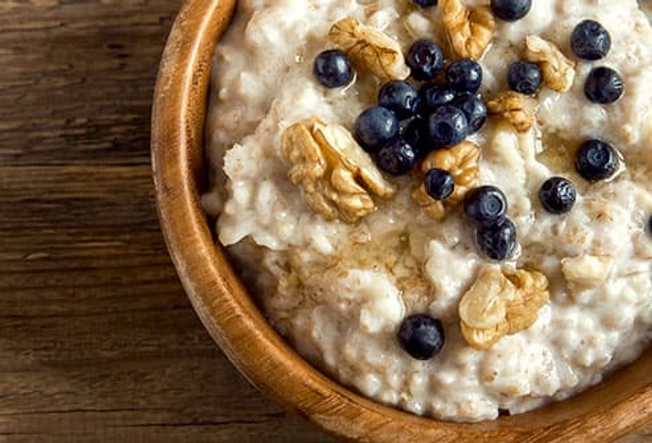
Oats
Serving size: ½ cup (dry)
Cost per serving: About 22 cents
Calories: 153.5
A hot bowl of oatmeal makes a great breakfast. Or use oats as a healthy filler in meatloaf, burgers, casseroles, and fruit cobblers. Their fiber will keep your stomach satisfied and can lower cholesterol and boost your immune system. They also have antioxidants that may help protect your cells from damage.
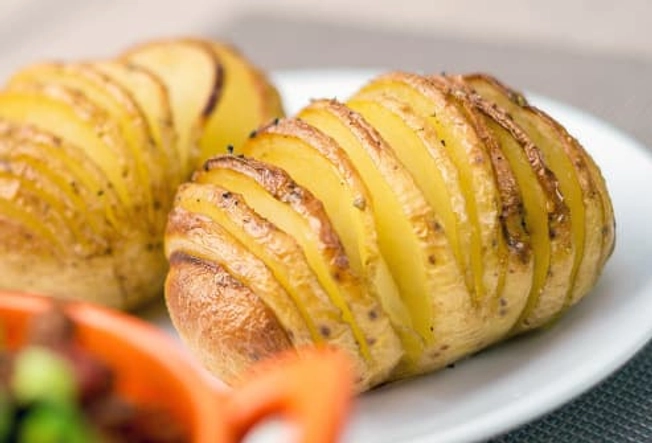
Potatoes
Serving Size: 1 medium potato
Cost per serving size: About 15 cents
Calories: 164
Sure, they’re not so healthy as french fries or slathered in butter and sour cream. But spuds have vitamin C, fiber, and potassium, and may help lower your blood pressure and cholesterol. Slice one and roast it in the oven with a drizzle of olive oil, or top a baked potato with veggies or lean turkey chili for a cheap, easy meal.
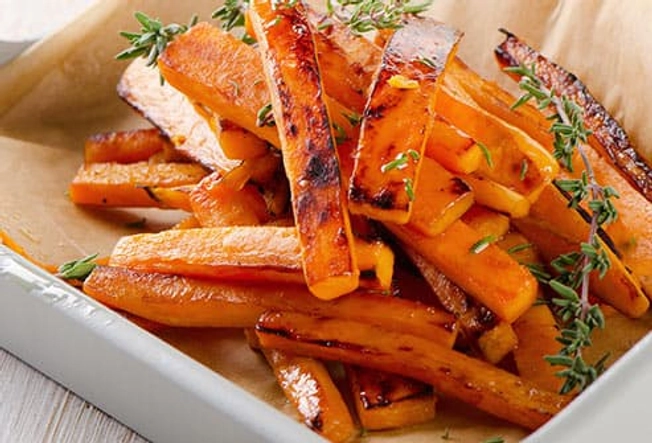
Sweet Potatoes
Serving size: 1 medium sweet potato
Cost per serving size: About 30 cents
Calories per serving: 103
In just one, you get 400% of your daily vitamin A needs, and more than a third of your vitamin C. Sweet potatoes do have more sugar than white ones, but they have fewer calories and carbs and more fiber. Baked or sliced and roasted, they make a great side dish. Or try mixing shredded ones into muffin batter for added nutrition.
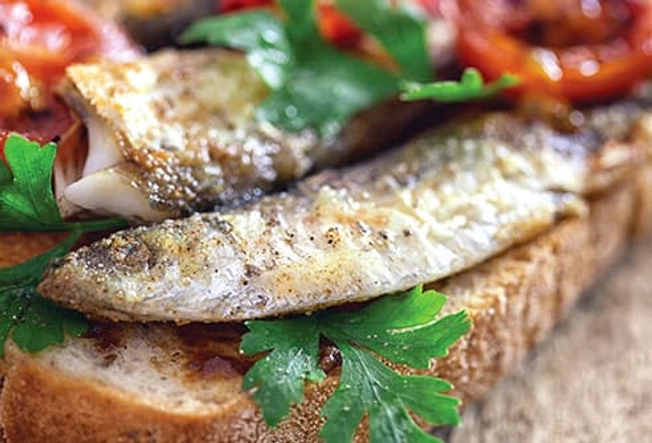
Sardines
Serving size: About 4 ounces
Cost: About $1.70
Calories: About 155
These little fish are good sources of protein, calcium, vitamin D, and omega-3 fatty acids (EPA and DHA), which help prevent heart disease. For fewer calories, look for those packed in water, not oil. Try them on some whole-grain bread with lettuce and tomato, or chop them with lemon juice and onions to make a fish spread.
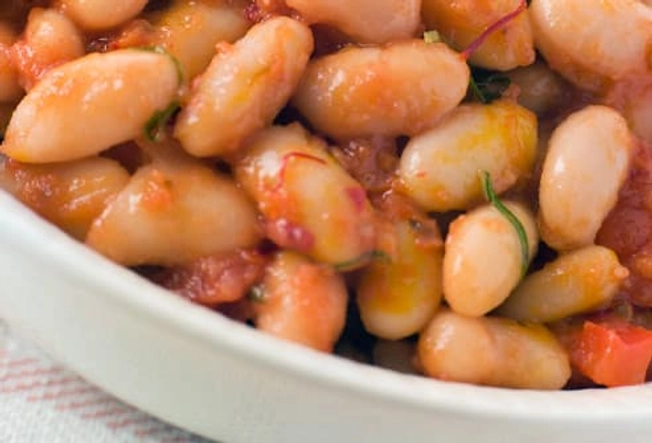
Beans
Serving size: ½ cup cooked
Cost per serving size: 10 cents
Calories: About 112
With about 7 grams of protein per serving, you can sub beans for meat in many recipes. And they’ve got plenty of fiber, folate, potassium, and magnesium. To cook dry beans, soak them overnight, or boil them for a couple of minutes and let them sit off the heat for an hour before cooking. If you use canned ones, drain and rinse them first to cut down on salt.
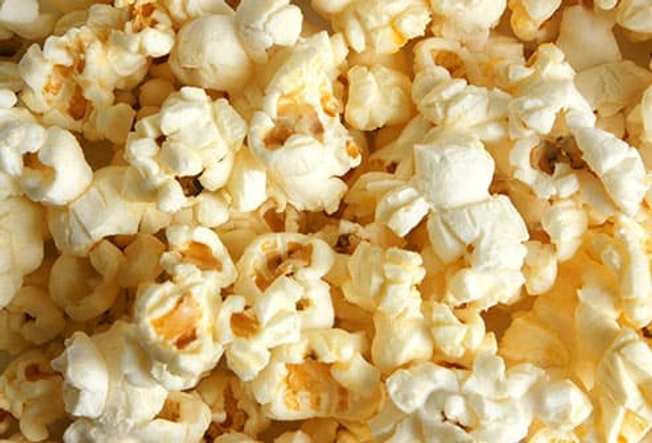
Popcorn
Serving size: 2 tablespoons of kernels (3-4 cups popped)
Cost per serving: About 18 cents
Calories: 140
Along with the crunch, popcorn packs fiber, which will satisfy you longer than a lot of snack foods. And it’s a tasty way to get one of the three servings of whole grains you need every day. A cup has less than a quarter of the calories of the same serving of potato chips. Skip the butter and salt, and add flavor with dried herbs.
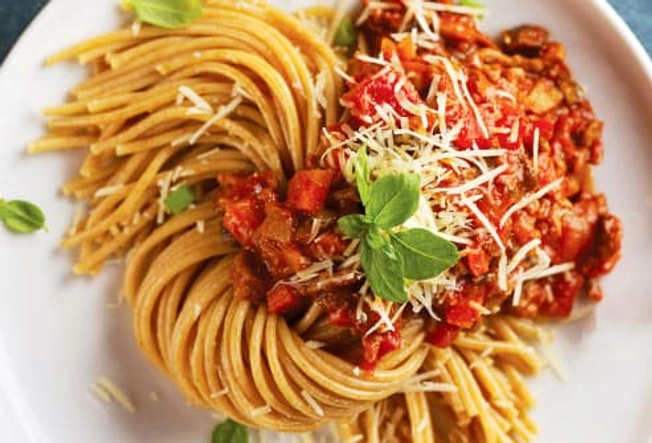
Whole-Grain Pasta
Serving size: 2 ounces (uncooked)
Cost per serving: 17 cents
Calories: 200
Pasta gets a bad rap, but in a reasonable portion, it can be part of an affordable, healthy meal. Plain noodles are low in fat and salt. Whole-grain versions have twice the fiber as white pasta and will raise your blood sugar less. Try spaghetti, penne, or macaroni with a homemade tomato sauce, or tossed with olive oil and sauteed veggies.
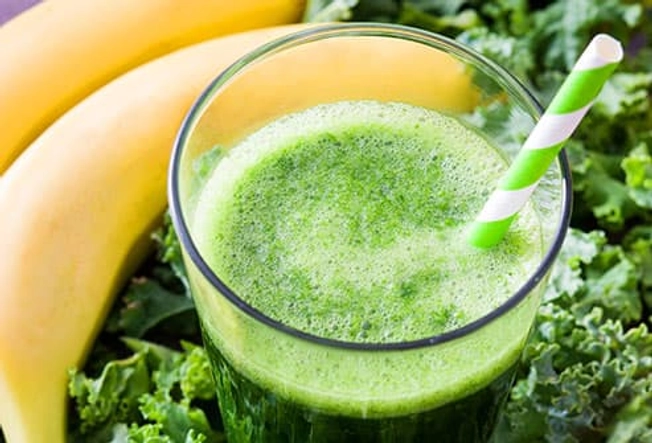
Bananas
Serving size: 1 medium-large banana
Cost per serving: 15 cents
Calories: 105
This fruit gives you fiber, vitamins B6 and C, and potassium, which balances blood pressure and keeps your heart healthy. It’s also easy on your stomach, which makes it a good option when you’re getting over tummy troubles. Make one a portable snack, or blend it as a healthy base for smoothies.
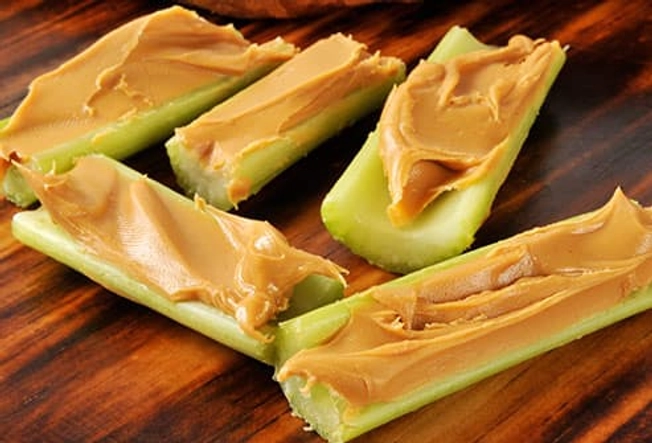
Peanut Butter
Serving size: 2 tablespoons
Cost per serving size: 15 cents
Calories: About 190
Yes, it has quite a bit of fat. But it’s mostly the healthy, unsaturated kind. It also has potassium and even some fiber. And it’s not just for sandwiches -- try some on celery sticks or apple slices for a satisfying snack.
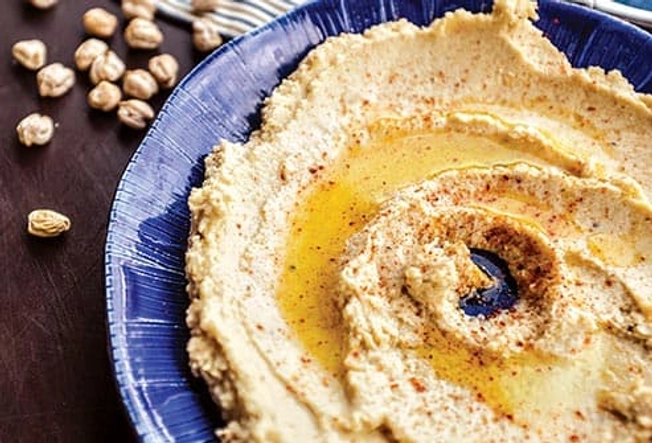
Chickpeas
Serving size: ½ cup
Cost per serving: 50 cents
Calories: 134
They give you just over 7 grams of protein, a shot of iron, and plenty of fiber. You can put them in salads, cook them in a curry sauce for a spicy entree, or put them in your food processor to make hummus.
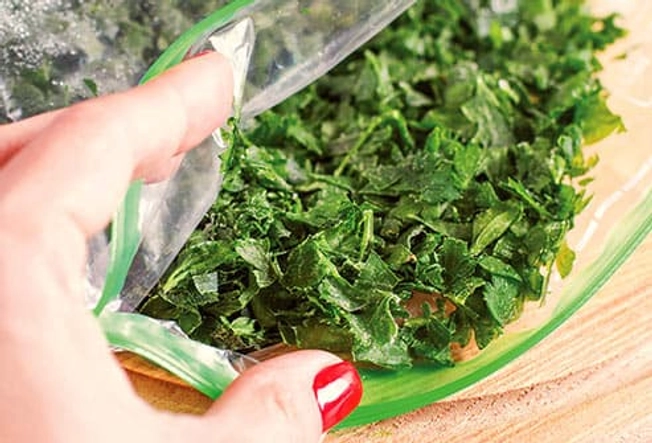
Bagged Greens
Serving size: Around 3 cups uncooked
Cost per serving: 75 cents
Calories: 30
Spinach, kale, collards, and turnip greens are low in calories and full of nutrients like folate, iron, fiber, magnesium, calcium, and vitamin C. The pre-washed, bagged kinds are super convenient and still affordable. Use them for a tasty salad, add them to whole-grain pasta, or you can boil, steam, or saute them as a perfect side dish for just about anything.
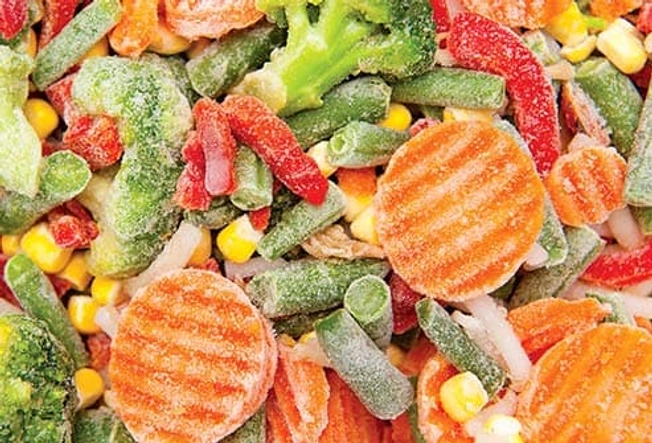
Frozen Veggies
Serving size: ⅓ cup cooked
Cost per serving: 50 cents
Calories: About 30
You’ll generally get just as much nutrition from frozen vegetables as you do from fresh, sometimes more. Plus, they stay good longer than fresh produce, so they’re less likely to go to waste.
IMAGES PROVIDED BY:
1) MarenWischnewski / Thinkstock
2) iko636 / Thinkstock
3) Mizina / Thinkstock
4) Louno_M / Thinkstock
5) bit245 / Thinkstock
6) circles / Thinkstock
7) Monkey Business Images / Thinkstock
8) Artsanova / Thinkstock
9) Wiktory / Thinkstock
10) etorres69 / Thinkstock
11) MSPhotographic / Thinkstock
12) KarinaUrmantseva / Thinkstock
13) Qwart / Thinkstock
14) Issaurinko / Thinkstock
SOURCES:
Academy of Nutrition and Dietetics: “Protein Foods for Your Vegetarian Child,” “5 Whole Grains to Keep Your Family Healthy,” “Sardines Are Tiny Fish That Are Big on Flavor.”
Advances in Nutrition: “White Potatoes, Human Health, and Dietary Guidance,” “A Comprehensive Review of Apples and Apple Components and Their Relationship to Human Health.”
Amazon (retail prices).
American Diabetes Association: “Glycemic Index and Diabetes.”
Annals of Internal Medicine: “The role of potatoes and potato components in cardiometabolic health: A review.”
Chicken of the Sea.
Cleveland Clinic: “What You Need to Know About Protein,” “White Potatoes vs. Sweet Potatoes: Which Are Healthier?”
Harvard Health: “Ask the doctor: Why is peanut butter 'healthy' if it has saturated fat?” “Eggs and your health.”
HEB (retail prices).
Idaho Potato Commission: “Cost and Size.”
Journal of Agricultural and Food Chemistry: “Vitamin retention in eight fruits and vegetables: a comparison of refrigerated and frozen storage.”
Mayo Clinic: “I know lentils are supposed to be good for me. But how do I prepare them?”
NIH Office of Dietary Supplements: “Omega 3 Fatty Acids.”
Statista: “Retail price of bananas in the United States from 1995 to 2016 (in U.S. dollars per pound).”
Target (retail prices).
USDA Agricultural Research Service.
USDA Branded Food Products Research Service.
What’s Cooking USDA Fact Sheet: “Potatoes, Russet, Fresh.”
Walmart (retail prices).
FDA: “Dietary Fiber.”
ChooseMyPlate.gov: “Beans and peas are unique foods.”
USDA Foods Fact Sheet: “Shell Eggs,” “Oats, Whole Grain, Rolled, Dry,” “Sweet Potatoes, Fresh.”
Montana State University Extension: “A nutrition fact sheet: Bananas.”
American Academy of Family Physicians: “BRAT Diet: Recovering From an Upset Stomach.”
Fruits&Veggies More Matters: “About the Buzz: Frozen and Canned Fruits and Vegetables Vs. Fresh.”